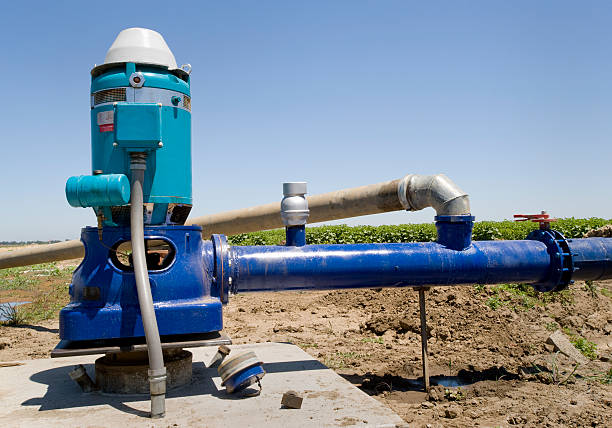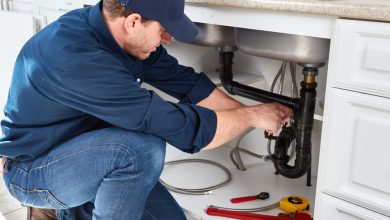A GUIDE TO CHOOSING AN IRRIGATION PUMP

A pump plays a critical role in an irrigation system as it allows water movement from one point of the farm to another. But that is if it is the correct type of a pump. Saving energy and time while increasing profitability translates to a successful season. When you pick the right irrigation pump for your specific application, you can minimize the person-hours and time in the field and quickly complete the job.
On the other hand, the wrong type of irrigation pump can result in the irrigation system not performing well, poor yields, and wasted time which can significantly impact your bottom line.
Understand the available power source
Your available power source comes into play when choosing an irrigation pump at PumpBiz. Ideally, you need a pump that can run efficiently with the power available at the irrigation site, whether the average energy, solar energy, wind power, or fuel, without sustaining any damage.
Therefore consider the power source at the irrigation site and the voltage you have. Ensure you collect this information before going for shopping to save you time and frustrations.
Understand the gallon per minute you want
Another important consideration when selecting an irrigation pump is to know your gallon per minute. This is one of the primary considerations in pump sizing and selection. Every sprinkler head requires a specific gallon per minute, so it is best to refer to the specifications of your sprinkler head.
When you know the GPM every sprinkler head requires, multiply that figure by the number of sprinkler heads in your largest irrigation zone. When you have calculated the total gallon per minute that your irrigation system requires, you can shop for a pump based on that figure.
Learn about your water quality and accessibility
Not all water sources have clean water. In some cases, the irrigation water may be full of solid particles that you should beware of when choosing an irrigation pump. You should also consider the water accessibility and proximity to the field you intend to irrigate.
These aspects are essential for pump selection and sizing since different irrigation pumps are suitable for specific applications. Some of the critical questions to evaluate include:
- How far is the water source? If the water source is far from the field, you require long pips. Consequently, long pipes may require increased performance to compensate for the friction losses.
- Is the water pressurized? Depending on your system, the water you intend to use for irrigation may be pressurized or not. For instance, domestic water systems such as taps and gravity-fed systems usually have some incoming pressure to consider.
- How accessible is the water? Common irrigation sources include boreholes, rivers, lakes, and springs. Depending on your water source, you should evaluate whether you will need any special valves, hoses, or special fittings to access the water.
- Is the water clean or filled with debris? If the water is filled with debris, you might consider a filtration system to avoid clogging the pump with the junk.
Last words
Choosing the right irrigation pump is essential to save energy, time, and workforce.




